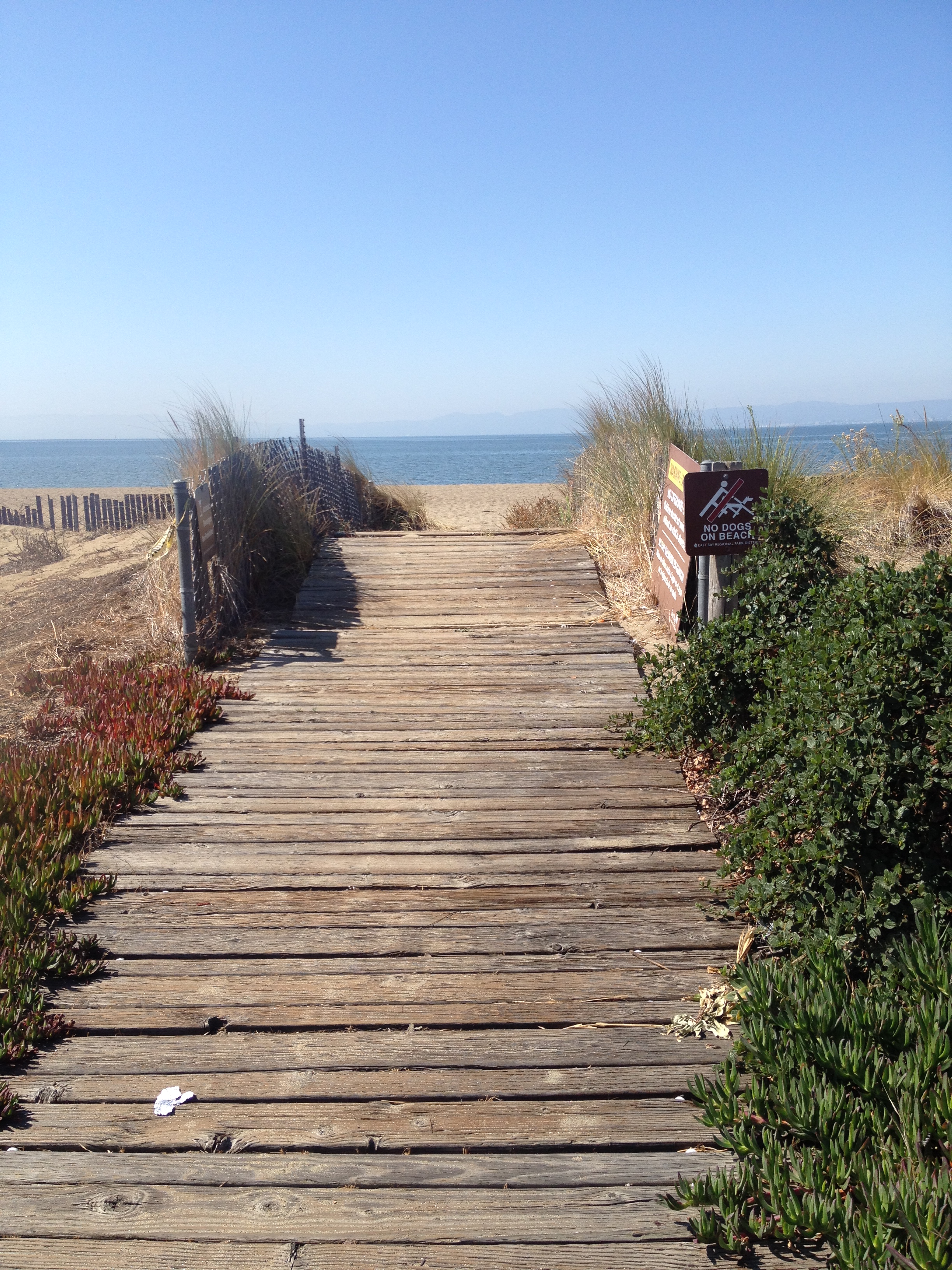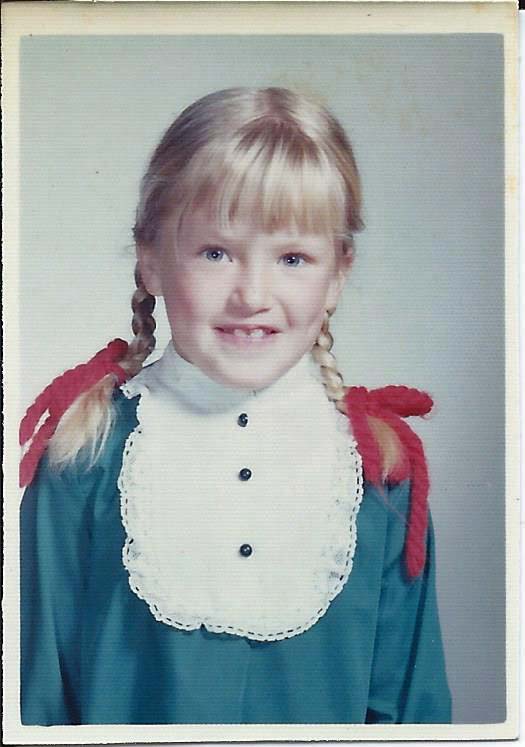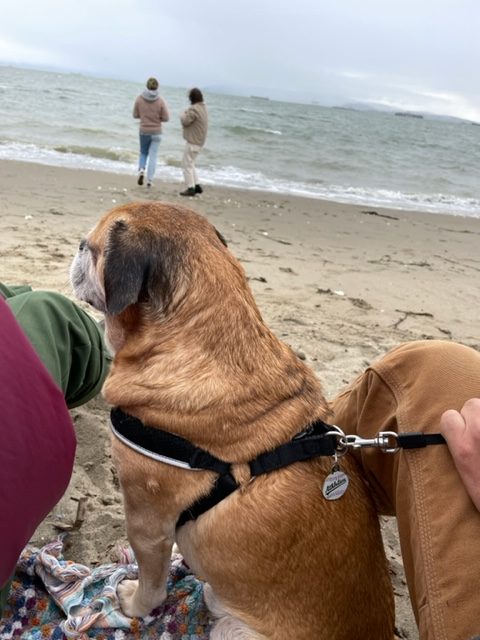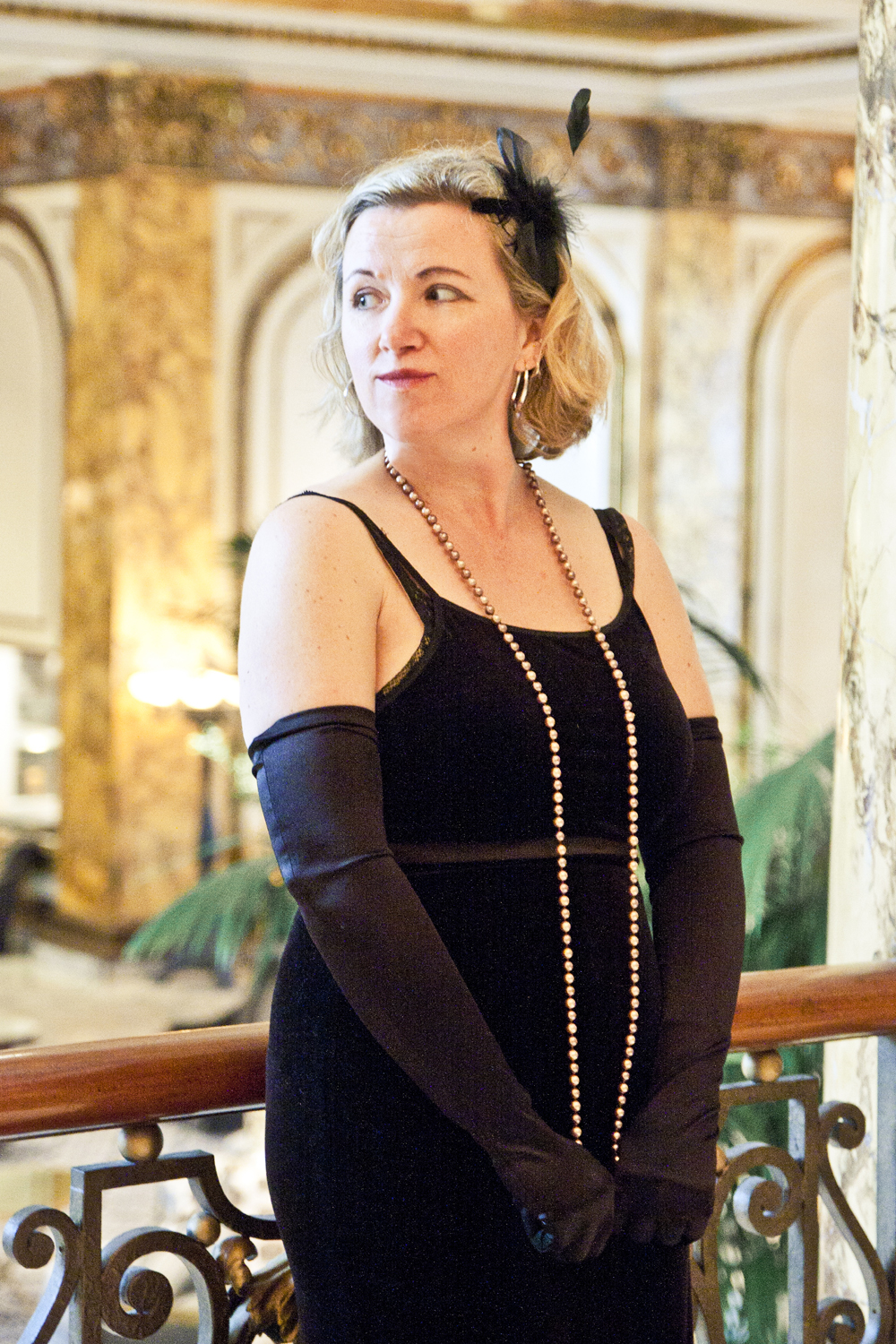-
I Get Anxious
My husband says I’m a delicate flower, and while, yeah, that’s true, it’s not all that’s true. I have anxiety. I have PTSD. I have issues. This is not a case of disease-or-malady-of-the-week, a la celiac wannabees, or whatever Madison Avenue tells us this month is wrong with us (You need oat bran! You need Vitamin E! You need aloe!). I really, really get anxious. I take a little pill each morning which cuts out the crazy part of anxiety — the part that screams all day long in my ear WE’RE DOOMED. YOU F*CKED UP AGAIN. EVERYONE HATES YOU. DIE DIE DIE. And for this, I am truly grateful to…
-
Because I Haven’t Known What to Say
Because the events of the past week — the horrific shooting deaths of nine African-Americans in a Charleston church by a young white racist, and the — maybe — final straw that will bring down the Confederate battle flag, and bring the longed-for change, I am trying to say — Because when we were children, in the extremely white liberal suburbs of Marin County in the late 1960s, we used to say, “Eenie meenie miney mo, catch a nigger by the toe,” called Brazil nuts “nigger toes,” and when someone asked, “Where’d you get that?,” the response was, “Stole it off a dead nigger.” Because the one African-American girl in…
-
The Ugly Truth: Sins of the Forefathers
A few years ago I picked up a book at the library because of its intriguing cover and title. It was Edward Ball’s Slaves in the Family. I read about Ball’s exploration of his roots, delving deeply into his family’s history as slave owners, discovering the ugly truth in his own backyard, as it were. When I finished reading this devastating portrait of Ball’s own family, it took weeks before I could read anything else. My mind was full of the revelations and secrets he had exposed. Not long after, I was visiting my 93-year-old great-aunt Doris, and we turned to the topic of books. I told her about Ball’s…





